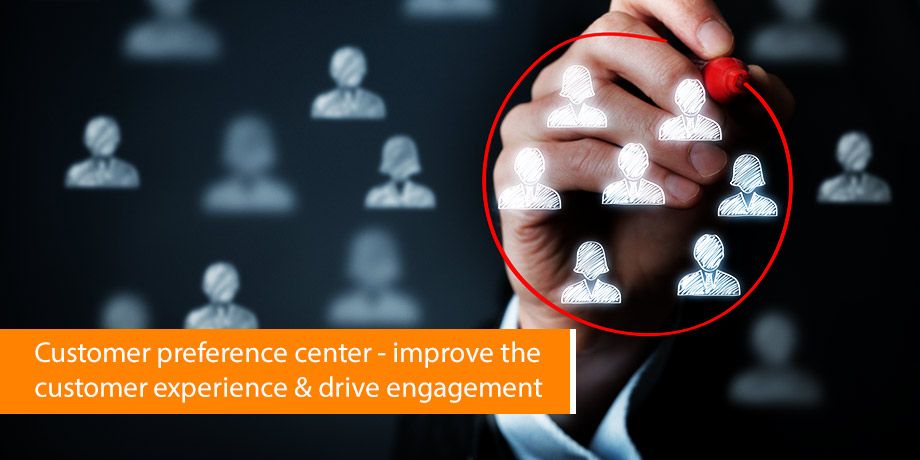

It's an “organizational problem and not a personal problem” when the entire staff is disenchanted and disengaged. Hamill calls for “normalizing conversations of burnout” and other mental health issues. Their actions become more toxic and contaminates all of the folks around them. It worsens when they’re called into human resources, as they feel persecuted. The staffer starts gossiping, talking about the boss behind their back, snaps at co-workers and is rude to customers. Left unattended, the person suffers from exhaustion, feeling overwhelmed and underappreciated. When bosses don’t clearly flesh out a person’s job requirements, overload them with too much work, unclear about what success in the role looks like, are distrustful, don't offer meaningful feedback and treat them as merely cogs in the machine, it could lead to laying the groundwork for creating a malcontented, disgruntled employee. “It's not a personal problem it's an organizational problem,” she said. While there will always be a bad apple in the bunch, managers must take their share of accountability. Hamill contends that it's not necessarily the employee who is to blame. If issues are left unresolved, they fester and may turn good employees into toxic liabilities. Leaders should “voice that they care for them as human beings.” Caring for and loving people at work shows compassion and helps their wellbeing. Encourage open and honest conversations between managers and workers.

This could be in the form of small surveys to learn what will make them happier and engaged in their jobs. She wants supervisors to embrace their employees and show them that they care by taking action. She advocates for managers to inquire how their staff is doing and “actively listen” to their answers. Hamill offered valuable advice for leadership in light of the results of the study.

#Preference manager from digital rebellion software
“By putting well-being at the heart of the employee experience, reduces burnout and turnover, while increasing well-being and engagement-ultimately, elevating business performance.”Įmployees can use the software platform to take an assessment of how they are feeling.

The software platform helps “millions of users in over 100 countries” with solutions to improve the work-lives of its users and offer solutions to navigate the future of work. Limeade’s mission is to create healthy employee experiences.


 0 kommentar(er)
0 kommentar(er)
